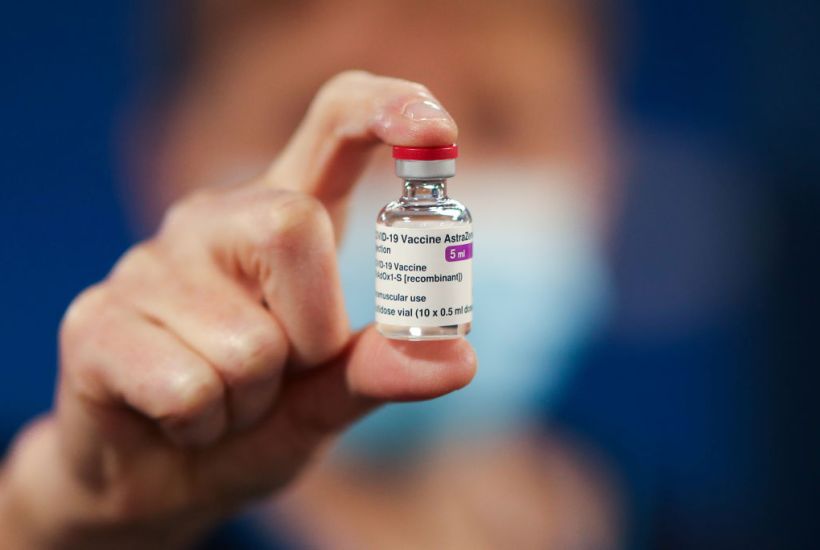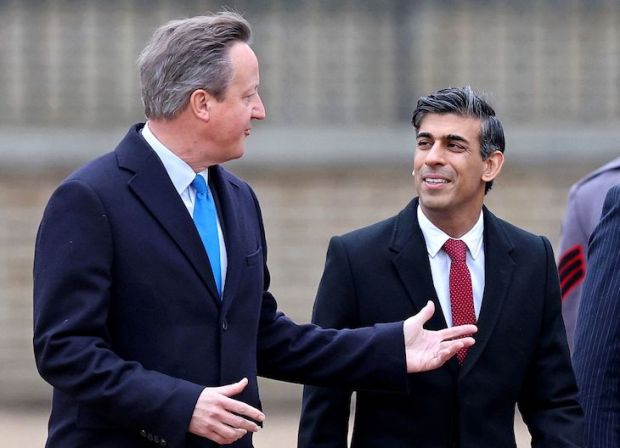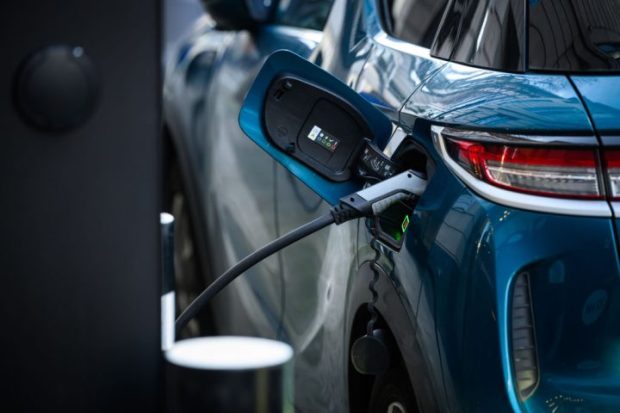The UK policy of delaying second doses of the Pfizer vaccine has been criticised by some as risky, with Pfizer warning that there is no data on the effectiveness of its vaccine other than for the dosing regime used in phase 3 trials: two doses, 21 days apart. But evidence is steadily trickling through. Earlier in the week I wrote hereabout the Scottish population-wide study which found that a single dose of the Pfizer vaccine reduced hospital admissions by 85 per cent between 28 and 34 days after the jab.
This morning comes Imperial College’s React-2 study, which paints a picture that is, on the face of it, rather less flattering. It tested 154,000 people for the presence of antibodies to SARS-CoV-2, the virus which causes Covid-19. Of these, 18,000 had had at least one dose of a Covid vaccine. The results showed a far higher level of antibodies among young people than among older people. Among under-30s who had received a single dose of the Pfizer vaccine, 94.7 per cent showed antibodies; among 60- to 64-year-olds it was 73.7 per cent and among the over-80s it was 34.7 per cent. Among those who had received two doses, 100 per cent of the under-30s had antibodies, falling to 87.9 per cent among the under-80s.
But does that really tell us very much? The study involved data collected from home testing kits between 28 January and 8 February. The Pfizer vaccine trials had already suggested that it takes around 14 days to build up immunity after a first jab – so, many of those who were tested would have received the vaccine too recently to have produced antibodies. What the results do perhaps suggest, on the other hand, is that it takes longer for older people to develop an immune response after being given the Pfizer vaccine than it does for younger people. There were too little data to draw any conclusions on the AstraZeneca vaccine, given that the first jabs did not begin until the first week of January. The results of the study have not been peer-reviewed and were presentedto reporters via webinar.
The React-2 study also gives an indication of the prevalence of naturally-acquired immunity among the unvaccinated population. The latest study estimates that between 9.6 and 10 per cent of the general population have antibodies, suggesting previous infection from Covid-19. This is up sharply from the 5.4 to 5.7 per cent estimated at the time of the last React-2 study in November. This may be an underestimate of the numbers of people who have naturally-acquired immunity, as there is more to the immune system than the presence of antibodies. It may be that rather more people than this have acquired a degree of immunity through their T-cells.
Got something to add? Join the discussion and comment below.
Get 10 issues for just $10
Subscribe to The Spectator Australia today for the next 10 magazine issues, plus full online access, for just $10.





















Comments
Don't miss out
Join the conversation with other Spectator Australia readers. Subscribe to leave a comment.
SUBSCRIBEAlready a subscriber? Log in